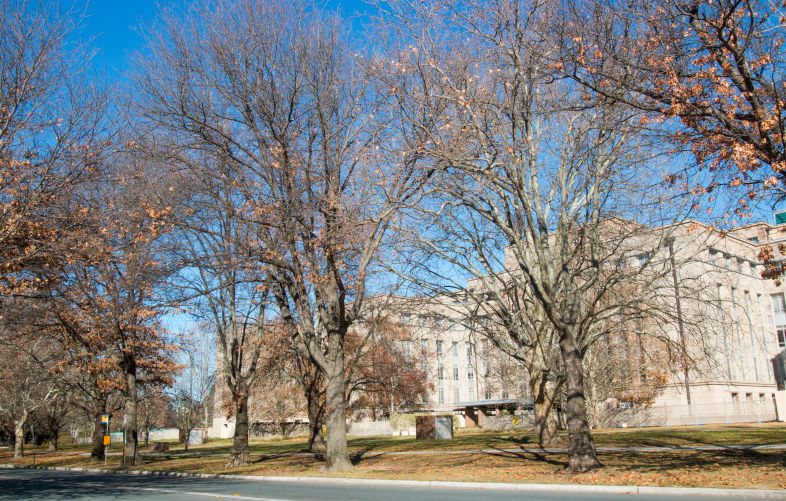Documents obtained by Declassified Australia show that following the June 2019 Federal Police raids on the ABC and News Corp, the Department of Home Affairs began secret efforts to revive a four-decade dead system to censor the Australian media.
The Australian Federal Police had raided the offices of the ABC and News Corp journalist Annika Smethurst on 4 and 5 June 2019, in response to their reporting on alleged war crimes and a proposed domestic spying plan. Following the raids, Mike Pezzullo, then secretary of the Department of Home Affairs — a portfolio that included ASIO and the AFP — texted a close adviser to then Liberal prime minister Scott Morrison, Scott Briggs, with plans to censor the media. These texts had been brought to light in a 2023 report in The Age.
The documents show that, following Pezzullo’s proposal, Home Affairs officials looked to Britain’s Defence and Security Media Advisory Committee for assistance in reinstating D-Notices in Australia.
British D-Notices often seek to censor reporting on UK state crimes and other malfeasance.
There are two parts of this system Peter Greste is chasing that make it a non-starter for me.
Before I go on, I definitely believe sometimes it is in the best interests of the Nation that information the media picks up isn’t publicly disclosed, names of active agents in the field would be one narrow example of that. And the impotous behind Peter Greste’s involvement seems like a genuine failing of our current system.
First part,
The DSMA Committee in Britain is run by the UK’s Ministry of Defence’s Director General for Security Policy comprised of senior representatives of the security services, former military staff, high-ranking government officials, press association chiefs, senior editors and journalists, which meets every six months. Representatives of the BBC, ITV, Sky News, The Times, Daily Telegraph, The Register as well as Harper Collins UK, are all members.
If Australia follows this model, then it, like the news-media bargaining code, favours and increases the power of establishment media/journalism over smaller independent media/journalism. Anything that backs in the incumbents of news-media in Australia has to be avoided. After-all there is probably about as much trust in the establishment media as there is in government in this country… so not much trust.
Secondly,
You say the same thing: we’ve got a document and we’re intending to publish it. [The D-Notice person] won’t be the expert in this field. So you can’t have the direct conversation that we did in America
Speaking to intermediaries is a surefire way for mistakes in both directions to occur, likely leading to habitual over-censoring. In a case where the ‘d-notice person’ is faced with the possibility of halting an important news story, or protecting perceived national security, the perceived national security will win each time.
Any system Peter Greste, et al advocates for should be like the US system, decentralised to the expert agencies who are far better placed to know the improtance of certain details.
deleted by creator




